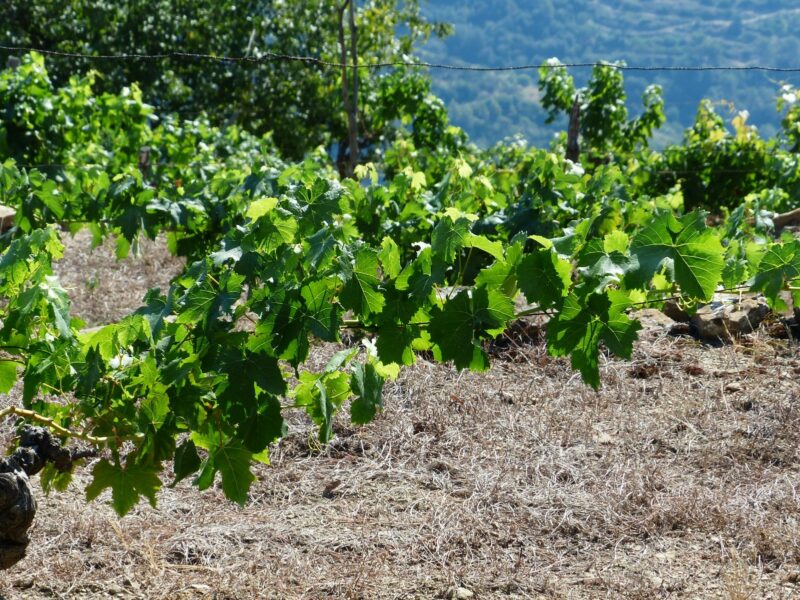
Our Commonwealth is in Heaven
Second Sunday of Lent. Fr Simon Gaine preaches on Paul’s words to the Phillippians.
‘Our commonwealth is in heaven’, writes St Paul to the church at Philippi in our second reading. How much the word commonwealth must have meant to the Philippians, with all its imperial and political overtones! What pride they must have felt! Because Philippi was a ‘commonwealth’, a colony of Rome. How the Philippians must have rejoiced in the privilege of their connections with the imperial capital, how they must have valued their Roman institutions… And yet Paul says, ‘Our commonwealth is in heaven.’
Paul had already told the Philippians something very important about Jesus, and something very important about himself – Paul, the imitator of Jesus. Paul had told them that Christ Jesus did not cling to his privileges, and neither had he Paul, when Jesus called him to renounce them. Instead they emptied themselves…
Earlier in his letter, Paul had called on the Philippian Christians to look not just to their own interests, but to the interests of others. Paul called on them never to act from selfishness, but to have the same love, one and the same mind. This was the very same mind that was in Christ Jesus. It was the mind of Jesus Christ to look for the interests of others in selfless love. And Paul wants the Philippians to share that same mind.
And when Jesus had this ‘mind’, what did he do? He did not cling to the privilege of his equality with God. But he emptied himself. He took the form of a servant. He was born in human likeness. He humbled himself. He was obedient all the way to death on a cross. But therefore God exalted him! He raised him from the dead that all might proclaim him Lord! Christ emptied himself, and so God raised him up.
Paul was a man who took his stand on his privileges. He was circumcised, an Israelite, from the tribe of Benjamin, a pharisee, and righteous. To cap it all, he was a persecutor of Christians. And yet he lost all the privileges that came with those things. He lost them because he left them all behind – to know Jesus Christ. Paul tells us that he counted all things as refuse, as garbage, for the sake of knowing Jesus, his Lord. And not just to know Jesus: Paul has let all this go to know the power of Jesus’ resurrection, that Paul too might attain to the resurrection of the dead.
And now, in today’s reading, Paul tells the Philippians that they too must be imitators of Christ. Paul wants them too to let go of all privileges, that they too might share in the resurrection. The Philippians may value their commonwealth, they may rejoice in the privileges of a Roman colony. But, Paul tells them: ‘Our commonwealth is in heaven.’ And from heaven they await a Saviour, Jesus Christ, who will change their bodies to make them just like his own glorious body. It is as though Paul is telling them to count their earthly privileges, their commonwealth, as nothing, and so come to know the risen Jesus more truly. And so by selfless living, they can prepare themselves to share in his resurrection.
We may or may not be people of great privilege, but we might all be clinging to something that keeps us from knowing Christ and the power of his resurrection. Whatever it is, high office or low, count it as nothing besides the true privilege of knowing Christ Jesus as our Lord! Do not even cling to the high moments of our journey in faith. Peter saw the power of Jesus’ resurrection glory shine through, when he was with him at the Transfiguration on the holy mountain. He would have liked to have stayed, but he could not. He had to let go and go down the mountain. He had to follow Jesus along the way of the cross and find him again at Easter.
May we too take no stand on our privileges! May we too empty ourselves and follow Jesus along the road, looking not just to our own interests, but the interests of others. May we too discover the power of his resurrection at Easter!


